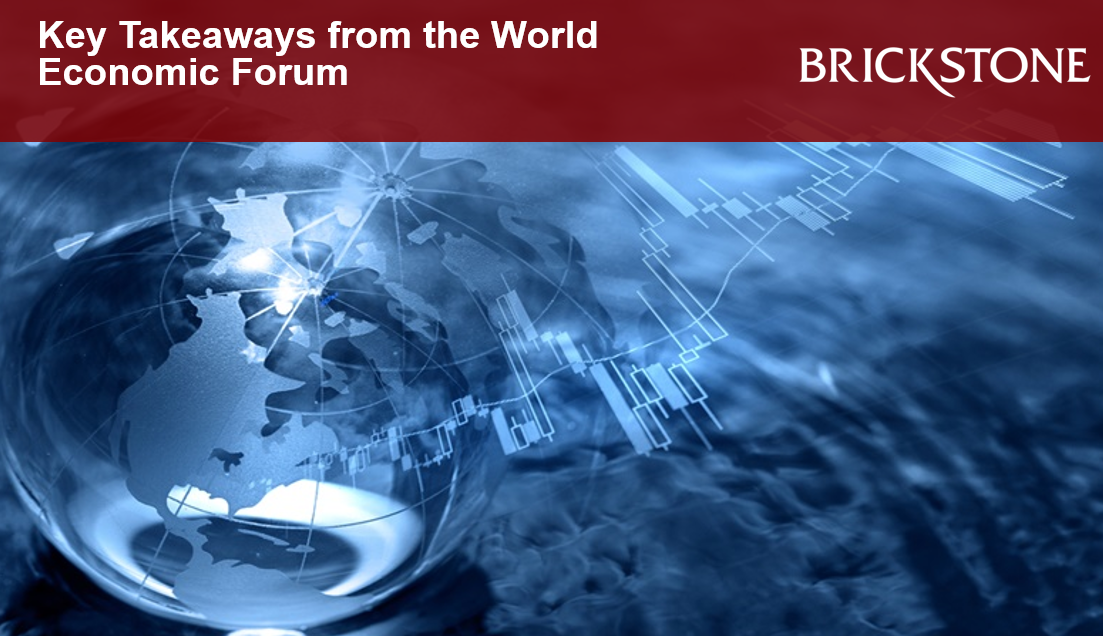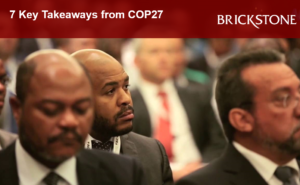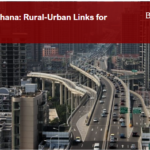Takeaways From The World Economic Forum 2023
Held on the theme, ‘Cooperation in a Fragmented World,’ the World Economic Forum Annual Meeting 2023 took place in the Swiss mountain town of Davos between 16 – 20 January, 2023.
According to WeForum, the Annual Meeting saw a record number of mentions from influential global media on the core topics of debate in Davos and the announcements and updates on key impact initiatives. The coverage largely reflected the importance of cooperation and urgent action to address the main issues facing the world.
This article by Brickstone reviews some institutional reports and publications on the recently concluded World Economic Forum 2023, highlighting key facts and insights.
The World Economic Forum Annual Meeting
According to WeForum, the World Economic Forum’s Annual Meeting in Davos, Switzerland, each year, generates great interest and debate in global media. The 2023 meeting was no exception.
Back in January for the first time since the start of the COVID-19 pandemic, the 53rd Annual Meeting saw several recurring themes in the global media coverage. These ranged from the prevailing sentiment about the state of the global economy to the threat of global fragmentation to how to respond to the climate crisis to the potential for technology and innovation as a force for good.
This year’s event was the largest in history, convening a record number of leaders from governments, businesses, and civil society to address the state of the world and discuss priorities for the year ahead.
Here’s a look at some of the main insights from the meeting:
World Economy: On the cusp of the meeting, the World Economic Forum released its latest Chief Economists Outlook, which painted a bleak picture of the economy. Almost two-thirds of respondents considered a global recession likely in 2023, as high inflation and low growth contribute to reduced investment. This received blanket coverage from the major news outlets. For Reuters it cast a long shadow over the meeting, while the Wall Street Journal suggested the news had put a chill in the Swiss mountain air. Ultimately, companies must prioritize building resilience muscles today to prepare for tomorrow.
Polycrisis: A week before the meeting, the Forum released The Global Risks Report, which outlined the most pressing global issues facing the world, including the cost-living-crisis in the short term and the climate crisis in the long term. Against that insight of complex interconnected threats, “polycrisis” rapidly became a buzzword of the meeting, as the media quickly picked up on the term. Forbes warned that while ‘polycrisis’ might have been overused at the meeting, corporate boards should take note, arguing that they not only look more broadly at global risks, but look at them in a different way.
Climate Change: According to TimesNow, Climate Change was one of the prime issues raised at the World Economic Forum this year. To achieve a net-zero future, leaders must balance the energy transition and energy resilience. All parties and representatives agreed that the usage of green energy and optimum investment in that direction is the need of the hour. Business leaders also agreed that it is time for richer countries and corporations to put in more money to fight climate change.
Trade Talk: Trade was a big topic of coverage at the World Economic Forum Annual Meeting, as coverage of the supply chain shocks of the past few years turned to theories about trade’s role in the green transition and addressing the climate crisis. Global companies are finding that inclusion is helping them tap underserved markets, giving them a competitive edge.
Globalization: The meeting also featured a discussion about globalization, with some media weighing in on whether or not globalization was, as Al Jazeera put it, “dead”. The resounding sentiment was that it wasn’t; no region is an island. The future of globalization needs diversification rather than decoupling.
Projects Launched: According to PTI, more than 50 “high-impact initiatives” were launched at the World Economic Forum. Maharashtra Institution for Transformation (MITRA) signed a partnership with the forum on urban transformation to give the state government “strategic and technical direction”, while a thematic centre on healthcare and life sciences is to be set up in Telangana. Also, the Coalition for Epidemic Preparedness and Innovations (CEPI) aims to develop new vaccines for future pandemics.
Read the World Economic Forum 2023 here.






